- ABOUT HKIHSSABOUT HKIHSS
- PEOPLE
- NEWS & EVENTSNEWS & EVENTS
- RESEARCHRESEARCH
- FELLOWSHIPS & GRANTSFELLOWSHIPS & GRANTS
- TEACHING & LEARNINGTEACHING & LEARNING
- PUBLICATIONSPUBLICATIONS
Title:
Healing and Heritage: Sorting Out Ethnic Traditional Medicine in Southwest China
Professor Judith B. Farquhar (Max Palevsky Professor of Anthropology and of Social Sciences; Chairperson, Department of Anthropology, The University of Chicago)
October 19, 2011
4:30 pm (Reception starts at 4:00 pm)
Venue:
T6, Meng Wah Complex, The University of Hong Kong
Language:
English
Enquiry:
(Tel) (852) 2241-5056
(Email) [email protected]
This lecture gives preliminary insights from an ongoing research project on the “salvaging and sorting” of ethnic traditional medicines in China. Led by several national institutes and agencies in China, researchers of traditional Chinese medicine and ethnology in minority areas have begun to discover and understand the healing traditions of all 55 minority nationalities. This collaborative project with Lili Lai of Beijing University joins government researchers and focuses on seven groups: the Lisu and Achang of Yunnan, the Tujia of Hubei, the Qiang of Sichuan, the Yao and Zhuang of Guangxi, and the Li of Hainan. We ask not only what healing practices exist outside of all formal knowledge systems, we also inquire into the process of translating “wild” healing into formal and systematic medical heritage. After our first year of fieldwork, we can articulate more questions than answers.
Judith B. Farquhar is Max Palevsky Professor of Anthropology and Social Sciences, the University of Chicago. Prior to joining the faculty at Chicago in 2004, Professor Farquhar held teaching and research positions in several universities and research units in the United States, including the University of North Carolina at Chapel Hill and McGill University. She does research focusing on traditional medicine, popular culture, and everyday life in contemporary China. Her anthropological areas of interest include medical anthropology; the anthropology of knowledge and of embodiment; critical theory and cultural studies; and theories of reading, writing, and translation. She is the author/editor of publications including Appetites: Food and Sex in Post-Socialist China (2002), 《饕餮之欲――當代中國的食與色》(2007, Chinese translation of Appetites: Food and Sex in Post-Socialist China), Beyond the Body Proper: Reading the Anthropology of Material Life (co-edited with Margaret Lock, 2007), and Ten Thousand Things: Nurturing Life in Contemporary Beijing (co-authored with Zhang Qicheng, forthcoming in 2012).
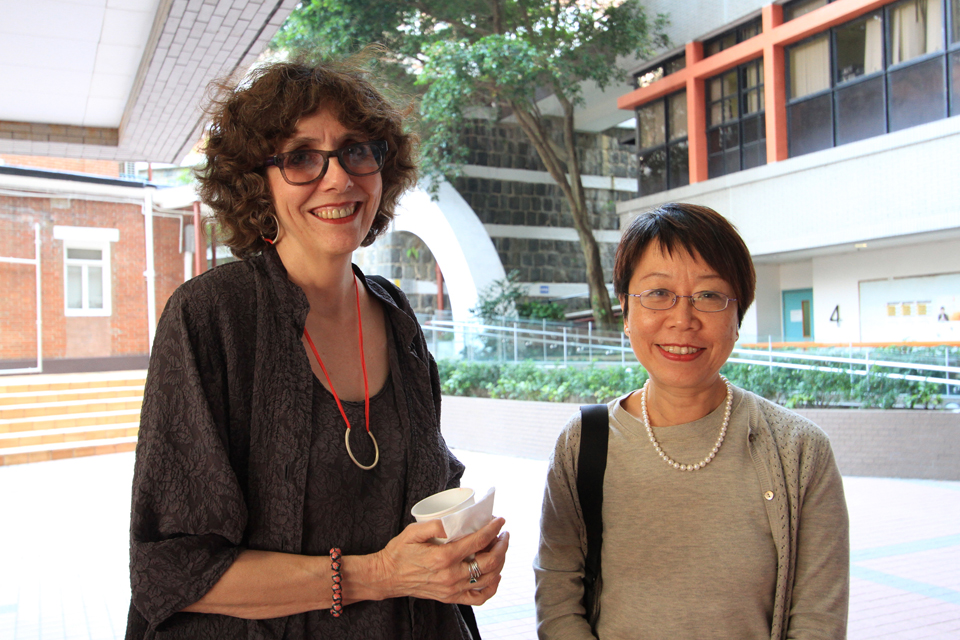
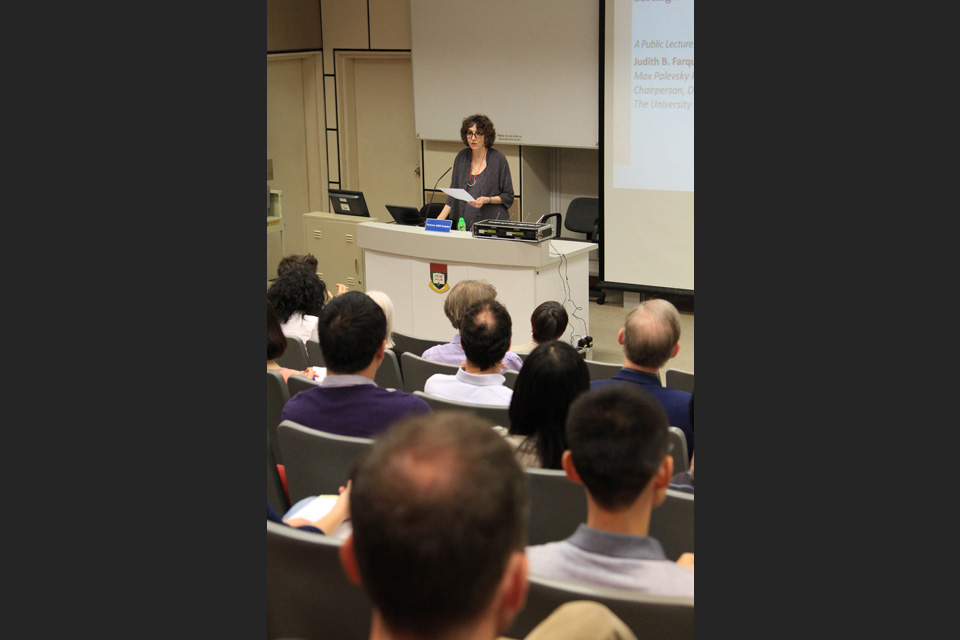
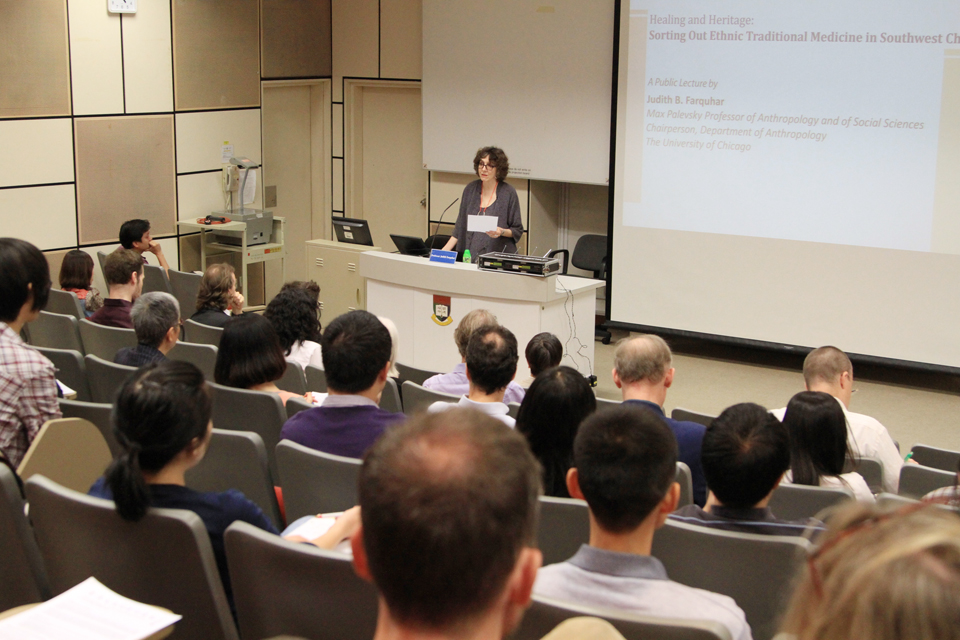
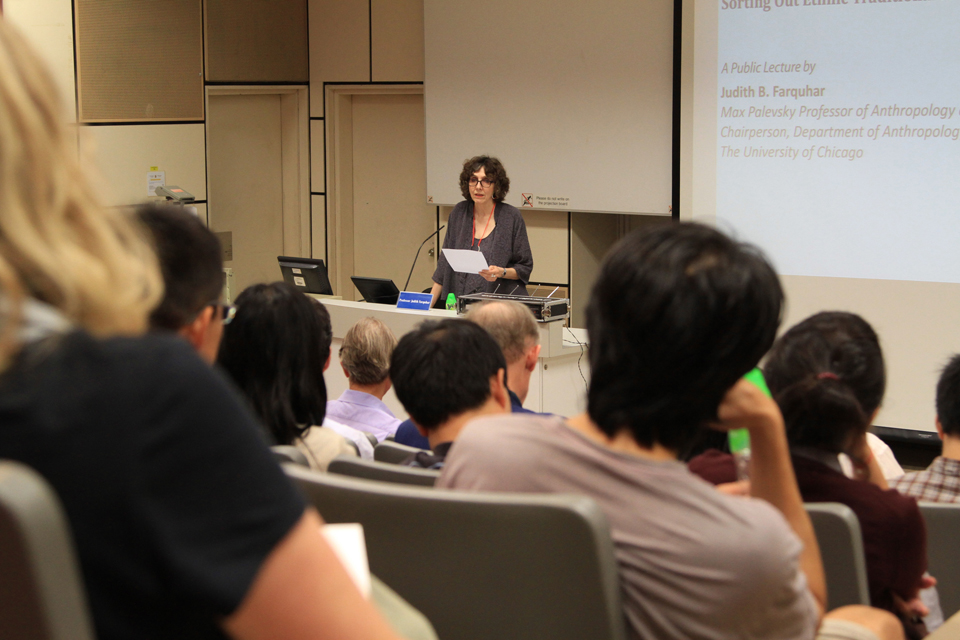
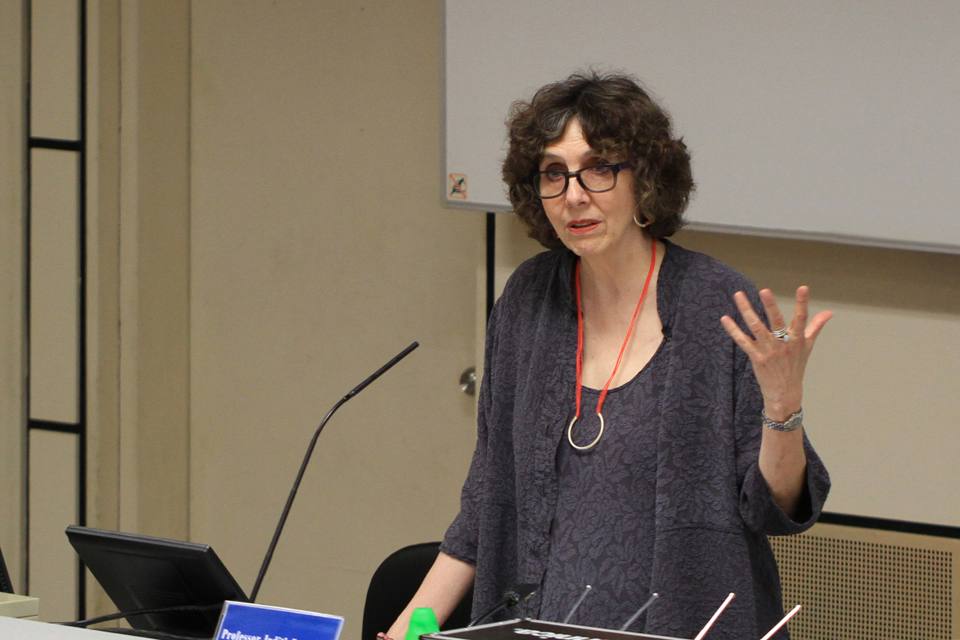
Copyright © 2023 Hong Kong Institute for the Humanities and Social Sciences, The University of Hong Kong. All Rights Reserved.